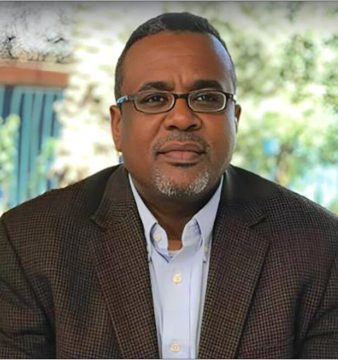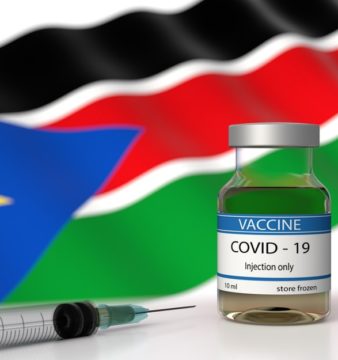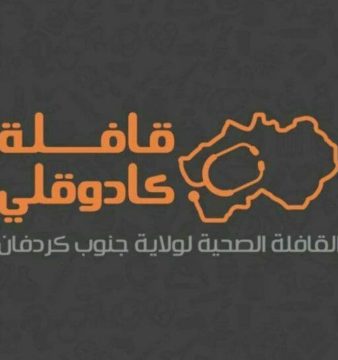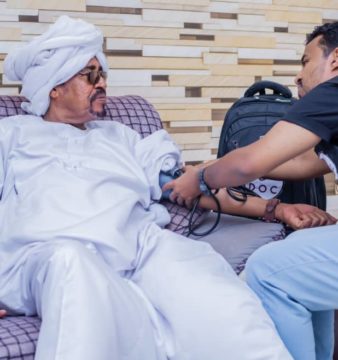Period Poverty in Sudan
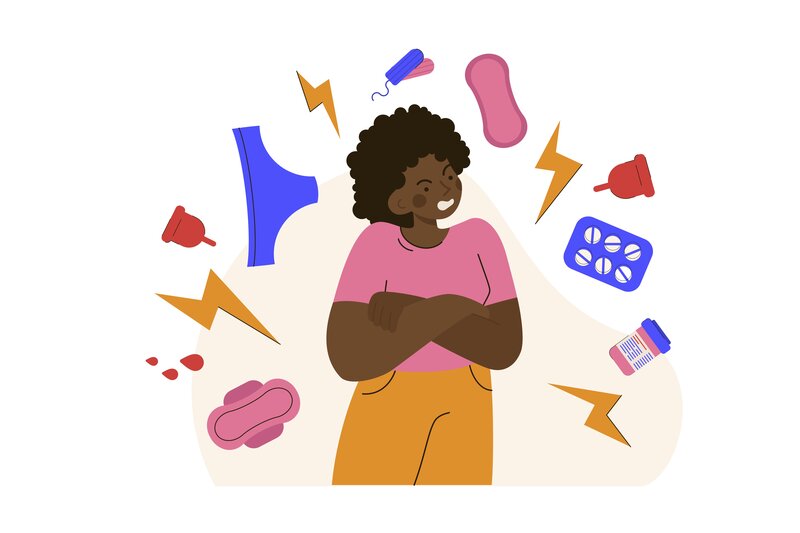
Every year on 9 June, National No Apologies Period Day is celebrated. This day seeks to dismantle the stigmatism and shame that surrounds periods or menstruations.
In Sudan, stigma surrounds periods, and in communities in rural areas far from Khartoum, it can reach the point where women can get isolated from their families and/or communities during their periods. The stigma combined with the lack of access to hygienic period products can lead to further female isolation. Teenage girls can skip school in fear of humiliation. One of each 10 girls will miss school during her period, and in Sub-Saharan Africa, girls can miss up to 20% of the school year because of their periods based on statistics by ActionAid, an international charity that works with women and girls living in poverty.
In Sudan, the situation can be even worse with the lack of accurate data and statistics, making it difficult to assess the status. With 3.7 million Internally Displaced People (IDP) whether because of conflicts or natural disasters, 1.1 million refugees mostly from South Sudan, and 58,000 refugees from Ethiopia due to conflict in the Tigray region, females are one of the most vulnerable groups when displaced or seeking refuge. They are more prone to facing gender-specific challenges such as gender-based violence and certainly, period poverty. Period poverty is the lack of access to and unaffordability of ministerial cycle or period products for women.
The unaffordability or inaccessibility of period products such as pads, the most widely used product in urban cities in Sudan among middle-class women, can lead to health problems as girls and women will resort to using old pieces of cloth, medical cotton or other domestically available materials, which could cause diseases and infections, and the risk can be greater for women who undergo Female Genital Mutilation (FGM).
It is not only IDP and refugee women who are suffering from period poverty, as in 2009 46.5% of the Sudanese were below the poverty line based on a survey by The World Bank. At that time the inflation rate was 11.26%, while it was 382.8% in 2021; therefore, it is safe to say that more people were pushed under the poverty line, especially after the structural adjustment policies that were getting implemented during the first transitional period in 2019. Therefore, a great percentage of women who are not internally displaced or refugees, and in urban cities are suffering from period poverty.
Recently, Alsalam Factory was founded by Safia Elfadni and Saria Enefedi on the 16th of March. Salam started as a social and civil organisation founded by Safia when she was a student at Ahfad University For Women (AUW), which developed into a workshop that was used to produce face masks during the time of COVID-19. It played a crucial role in availing face masks for the people in remote areas in Sudan at a time when factories all over the world were shutting down. Alsalam was able to provide a healthy working environment for its all-female workers.
The factory now produces sanitary pads made from washable and reusable materials that are safe and hygienic. This is revolutionary because access to such products will take the burden off of the shoulders of so many women in Sudan. However, it is important to remember that It is not only about access to period products but also about access to safe and hygienic spaces in which women can use these products. This may not be the case for a lot of women outside urban cities or in the suburbs of cities.
Fatima Oshiek, founder of Shoghl Al-Alam Facebook group, which is a female-only Facebook group that provides a safe space for females to discuss topics of interest and support each other in various ways through the group. She also founded a social movement called Fota Tased Elkhana, which translates to ‘pad needed, dignity seeded’, the initiative aims to provide sanitary pads for women who do not have access to or cannot afford them. The movement also works towards raising public awareness on period poverty and tries to advocate for public legislation to support period products.
It is important to remember that periods are not a ‘private’ matter that only concerns women because the personal is political* and periods affect women’s health and well-being. Structural economic reform programmes and policies always affect women in the first place because of their vulnerability, and in a country such as Sudan where there are no public facilities that support or shelter women, and where a great number of women are displaced or refugees. The government needs to increase public expenditure not only in availing period products for women for free but also in health systems, education and more.
*The personal is political is a slogan that was used in marches during the second wave of feminism in America in the 1960s, it was then used by the feminist activist Carol Hanisch in a paper published in 1970. It means that the matters that are considered private matters that only concern women or households such as unpaid labour, childcare, abortion, sexuality and much more are in fact political, and require direct political interventions in order to make changes.
Note: In addition to National No Apologies Period Day, which is celebrated annually on 9 June, there is also Menstrual Hygiene Day, which is observed annually on 28 May, May is National Menstrual Health Awareness Month, and National Period Day is observed annually on 9 October.
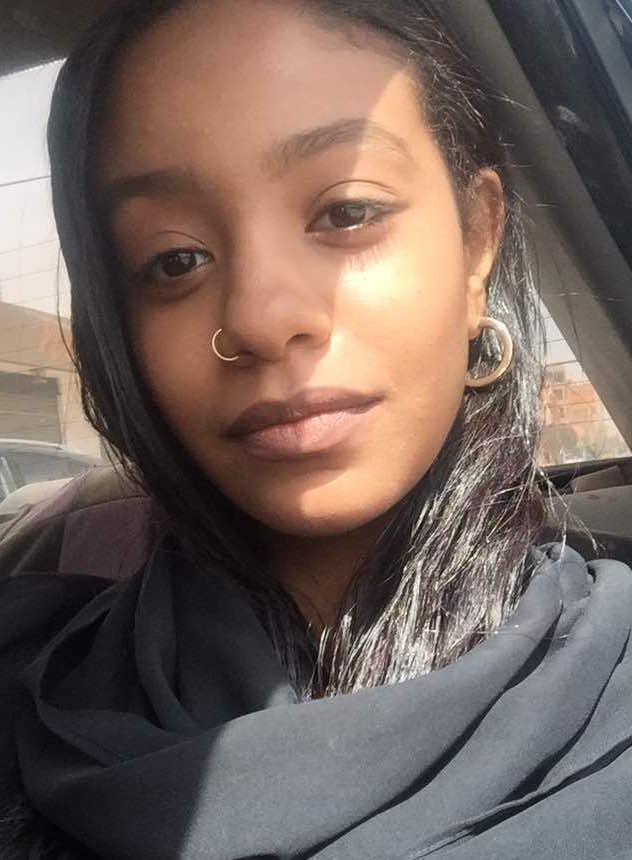
Thuraya Salih is a communications specialist with a passion for arts, culture, women’s rights, and youth issues. She holds a bachelor’s degree in Financial Accounting from Sudan University of Science and Technology. Her true interests lie in history and anthropology, feminism, and the arts.

